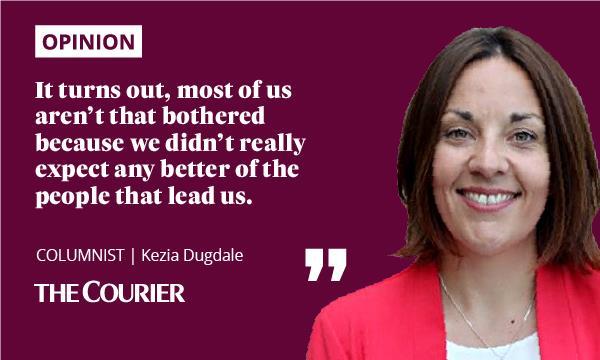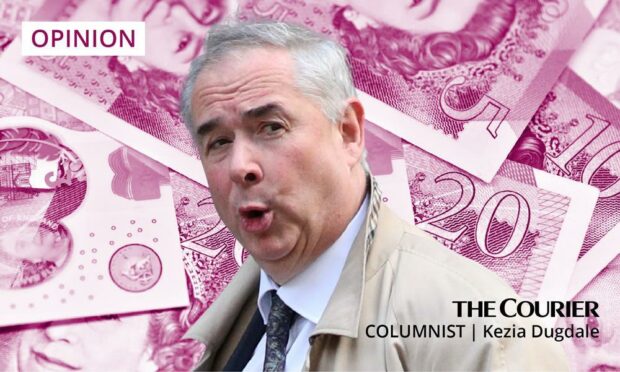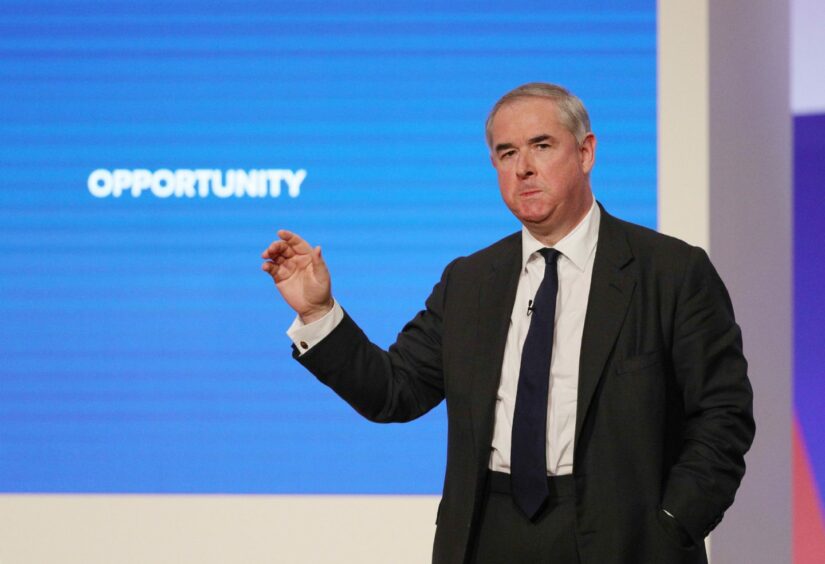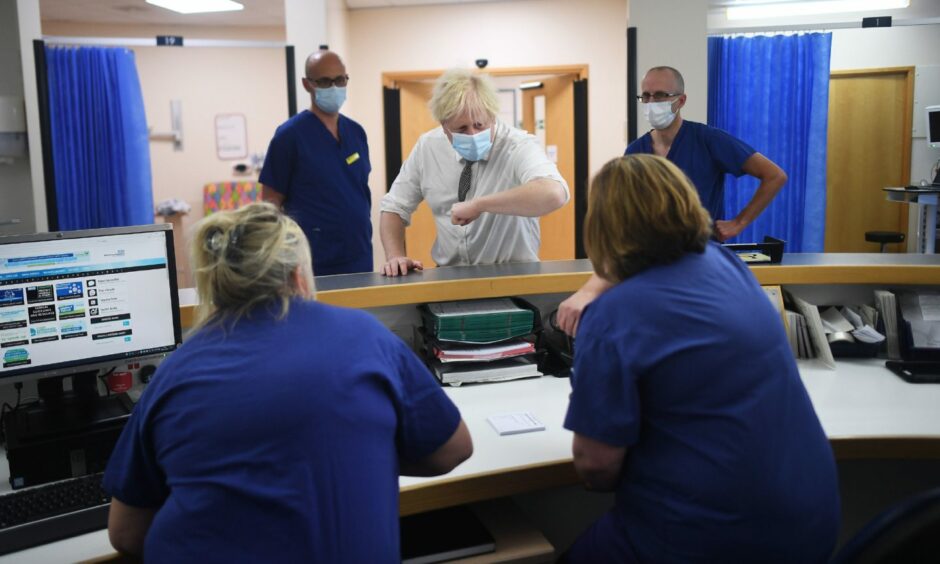Outrage! Everywhere we look. There’s so much to be angry about, it’s hard to know where to start.
We’re angry at politicians flying in from all over the globe to discuss the impact of climate change.
We’re angry about Covid-19 restrictions getting tighter again as the Prime Minister dodges a difficult debate in Parliament to walk the corridors of a hospital without a mask.
And now we’re angry that a serving MP spent a chunk of lockdown in the Caribbean earning hundreds of thousands of pounds on the side as a lawyer defending a corruption case.

The case of Geoffrey Cox and the unfolding second jobs scandal has the potential to threaten the standing of our politicians, and therefore the health of our political system, much as the MP expenses scandal did a decade ago.
The truth is though it’s been hiding in plain sight.
Sir Geoffrey Cox’s example might be the most egregious, because it includes palm trees, a six figure sum and the abuse of a voting system designed to support people working from home, but it’s far from the only one.
The reality is that more than 200 MPs out of 650 have registered some form of second income.
The nature of those jobs is varied, from working in care homes during the pandemic, to farming. From taking on legal cases for worthy causes to being an NHS surgeon.
Dozens are consultants to companies, despite clear rules around lobbying and access to power.
It is a consistent pattern across all the major political parties.
By registering this income, the MPs are following the rules not breaking them.
In fact, you can’t point to a rule which Sir Geoffrey Cox broke while he was in the British Virgin Islands, other than perhaps your own moral code.
What is the MP’s job description anyway?
What might catch him out yet though is the latest suggestion that he did legal work connected to the case from within his Parliamentary office.
Footage emerged on Wednesday of him leaving a zoom meeting for 20 minutes because the division bell rang.
But everything we are reading about Geoffrey Cox, second jobs and lobbying speaks to a much bigger, fundamental problem – our political system itself is sick and in fundamental need of treatment.
For a start, is being an MP really a job?
I’m not being facetious, I mean it.
Is there a clear job specification with the role and responsibilities clearly laid out? No.
Do MPs get a set number of days of annual leave? No.
Do they have clear maternity/paternity rights and proper cover should they be on long term sick leave? No.
Do they have a contract saying they have to work exclusively for their constituents and no one else? No.
If their first job isn’t clear, then just how outraged can we be about their second one?
It is a privileged and well paid existence being a member of Parliament, so let’s spare them our pity. It’s also one still largely and exclusively for the middle aged, middle class white man.
Public trust is at stake here
Of all the anger and disappointment I’ve felt in the past week, I was particularly irritated by the consequences this might have for remote voting.
These are the mechanisms brought in during the pandemic to allow MPs to vote from home electronically.
Before then votes could only be cast by walking the aye and no lobbies like sardines in a Covid-infested can.
The John Smith Centre, which I run, commissioned a poll into what the public think about their MPs voting remotely.
Nearly two thirds of people support it if it means MPs representing remote or rural constituencies can do their job better.
Over 60% supported it if it meant more women and people with caring responsibilities could stand for Parliament. That’s more people like us.
I suspect that support will shatter if the public think all it achieves is helping MPs cash in from the Caribbean.
And in the long term that just consolidates politics as a vocation for rich and privileged people to advocate for rich and privileged people.
Which takes us to the issue of trust.
Geoffrey Cox second jobs reaction suggests the public expect rules to be broken
Our research also shows that you are three times more likely to think the political system is working if you earn more than £60,000 a year than if you earn the living wage.
Most sage political commentators think this second jobs scandal is a bit of a “bubble” issue – something which is a bigger matter in the corridors of power than it is in the factory canteen.
Geoffrey Cox is the man who in 2015 "forgot " to declare £320,000 worth of earnings though that same year he did remember to put in an expenses claim for a 49p carton of milk
— Will Thorpe (@withorpe) November 9, 2021
They say it lacks “cut through”. And if the voters aren’t really listening then who cares? And if no one cares nothing will change.
There’s a truth to that.
The evidence shows us that where trust is low in politicians, and it is and always has been, the public expect laws to be disobeyed and rules broken.
It turns out, most of us aren’t that bothered because we didn’t really expect any better of the people who lead us.
Maybe it’s high time we were more outraged about that.


